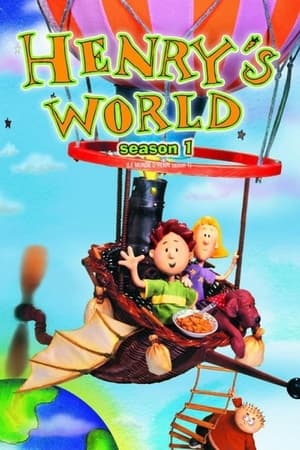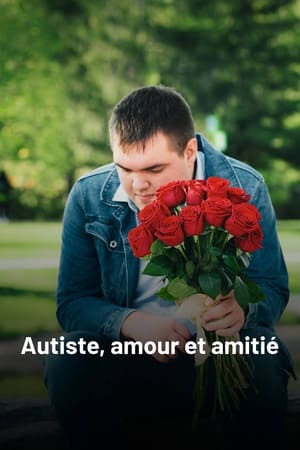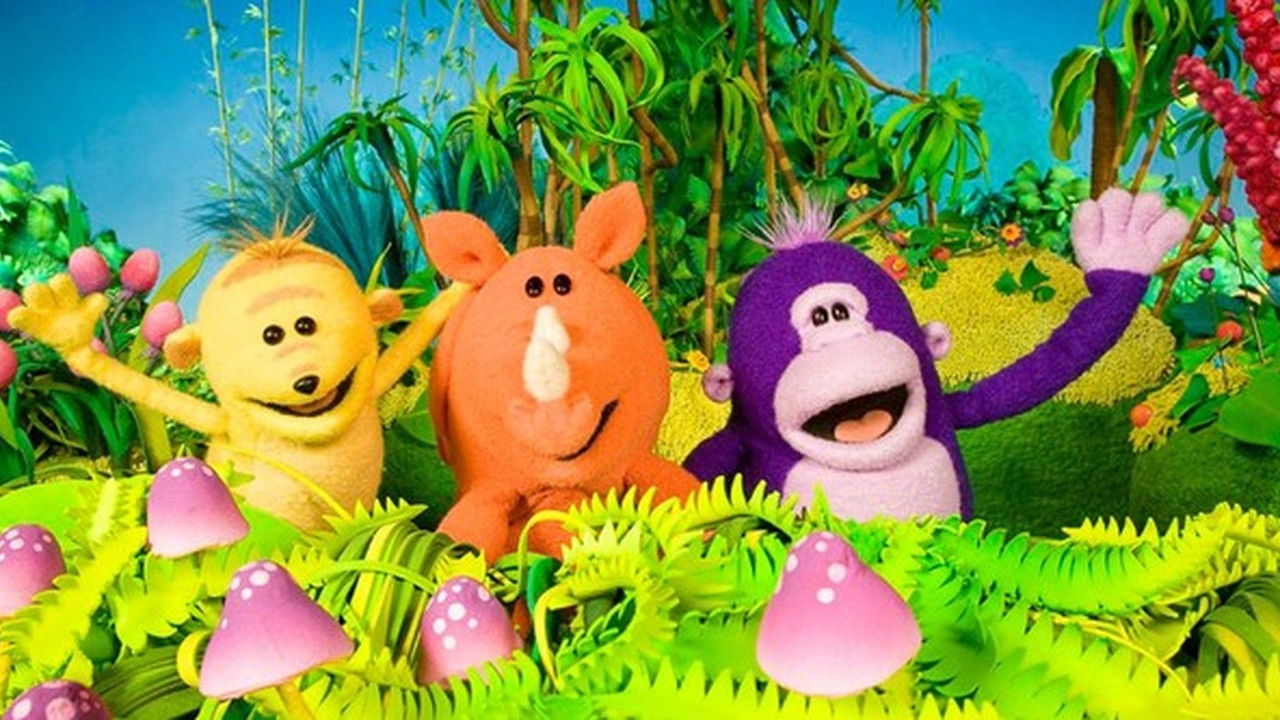
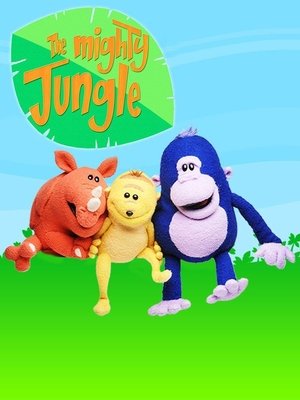
The Mighty Jungle(2007)
Overview
The Mighty Jungle is a puppet series for preschoolers in which the narrative of the story is largely crafted by a group of preschoolers who appear in live-action segments interspersed between puppet-acted scenes. It is co-produced by Halifax Film and Decode Entertainment, both DHX Media Companies; it is produced in association with CBC Television. The program is broadcast in Canada on CBC Television, a Canadian television network owned by the Canadian Broadcasting Corporation, the national English-language public broadcaster, in the Kids' CBC programming block, and in the United States on the PBS Kids Sprout cable network.
Networks:

Created By:
Production Companies:


Recommendations TVs
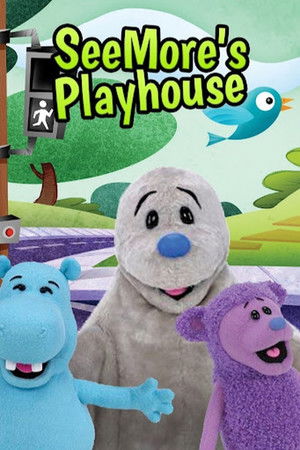
SeeMore's Playhouse (en)
SeeMore's Playhouse, is an American children's television series using puppets to teach children about health and safety concepts. It was originally released as home video releases.
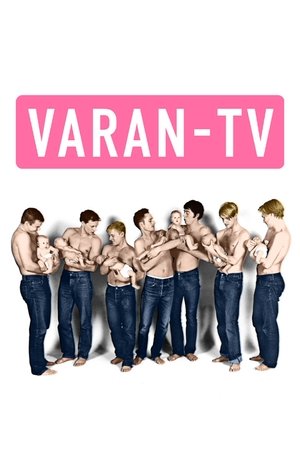
Varan-TV (sv)
Varan-TV was a Swedish TV-series, broadcast in Sveriges Television for two seasons, the first one in 1997 and the second in 1998. Created by the comedian group Varanteatern. The first season contained six half-hour episodes and the second season eight. In the first season Varanteatern represented themselves as a "crazy peep-show with more than 400 kg on stage". The episodes were a mixture of sketches played in front of an audience and prerecorded clips. Both of these elements were closely connected, for example: One person acting in a prerecorded clip which was shown could in the next second appear on the scene set. Some characters could appear repeatedly during an episode and also reappear in other episodes. The second season was composed of different sketches but now without the studio scenes.
The Farm (en)
In this new Scottish mockumentary, we witness the struggles of farmer Jim MacDonald, his loyal farmhand Donnie and his temperamental mother - as they struggle against the elements - and each other - on a farm in Perthshire, Scotland.
Patent Bending (en)
Patent Bending is a Canadian reality television series that premiered August 22, 2006, on the Discovery Channel. The series is based on building some of the weird, fantastical ideas inventors have patented over the last century. Once physically realised, the flaws in these ideas tend to be humorously obvious and explain the ideas' lack of commercial success. The team then tries to come up with an improved version, thus the "bending" part of the title, meeting with varying results.

Brave to Love (zh)
Cheng Mei, Gua Ju, Qu Shou, Xing Hua, and Song Gang are friends who met in a student association in university. Because of love, they all had a taste of heartbreak! From students to graduates entering society, facing obstacles that revolve around same-sex relationship, workplace bullying, female autonomy, extramarital affairs, and May-December romance, how do they maintain their friendship and resolve all the challenges that arise from life and love? Adapted from the work of the well-known Japanese cartoonist Fumi Saimon, “Love White Paper” incorporates current social issues in our day-to-day life, letting the audience relive the emotional moments in the film while resonating with the younger generation.
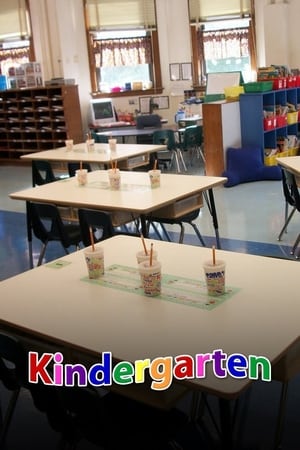
Kindergarten (en)
Series that gets inside the hearts and minds of 23 real-life kindergarten students as they test the waters of academia for the first time.
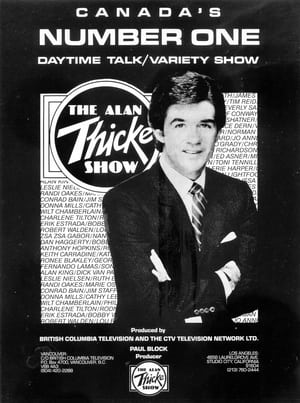
The Alan Thicke Show (en)
The Alan Thicke Show was a Canadian talk show hosted by Alan Thicke. It aired on CTV between 1980 and 1983. The show aired in different versions also re-titled as Prime Cuts and as Fast Company. After the departure of the Alan Hamel Show from CTV's daytime lineup in 1980, Alan Thicke stepped in with his own successful one-hour talk show. Airing from September 1980 to fall of 1983, Thicke's show also birthed Prime Cuts, a prime-time half-hour series, using segments from the show. Produced at BCTV Vancouver, it facilitated easier access for U.S. guests. Thicke's Canadian run lasted three years before he moved to the U.S. for a similar but less successful syndicated show, Thicke of the Night.

Be My Dream Family (ko)
The story of the series revolves around two families Geumgane and Hangane from different cultural backgrounds. They meet when their parents remarry in the twilight of life, and they become one family. The series follows the conflict, understanding and harmony of the extended family, showing meaning of a true family.
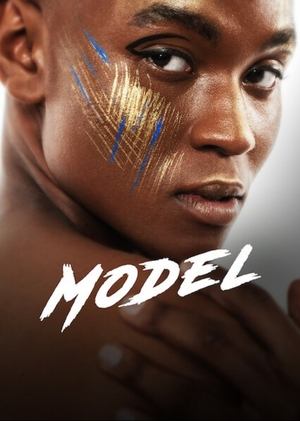
Model (en)
MODEL, is a 10 part series that delves into the world of the fashion industry. Talented models and wild cards from around SA audition in this year's competition to try and cement their place in the model mansion. 12 models are carefully selected from our expert judging panel consisting of Kholofelo Mabusela (industry professional) Coenraad De Mol (international fashion designer) and Pieter Black (International Model).
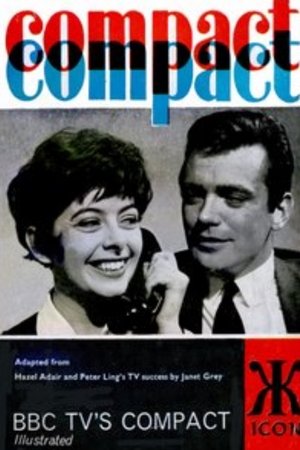
Compact (en)
Compact was a British television soap opera shown by the BBC between 1962 and 1965. The series was created by Hazel Adair and Peter Ling, who together went on to devise Crossroads. In contrast to the kitchen sink realism of Coronation Street, Compact was a distinctly middle-class serial, set in the more "sophisticated" arena of magazine publishing. An early "avarice" soap, it took the viewer into the business workplace, and aligned the professional lives of the characters with more personal storylines. The show was scheduled for broadcast on Tuesdays and Thursdays, thus avoiding a clash with ITV's Coronation Street on Mondays and Wednesdays. When Compact began, the editor was a woman, Joanne Minster, yet it was not long before she was replaced by Ian Harmon, the son of the magazine's owner. Despite being largely criticised by reviewers, Compact was popular with the general public, and in 1964 a regular omnibus edition was introduced, broadcast on Sundays. Morris Barry, a some-time actor and BBC director – he directed several Doctor Who stories in the 1960s – took over as producer and was given a brief to spice the series up in view of the criticism it had received from the national press. But the BBC, never comfortable with the concept of soap opera, quietly dropped the series in 1965.

Koukaku Fudou Senki Robo-san (ja)
There was once a high-tech robot which saved the earth from aliens. People have long forgotten how to operate this giant machine and it has been placed in an isolated ghost town. Professor Tachibana believes in the mobility of this machine and won't give up in finding a suitable pilot for the robot. However, one day, he finds out that the robot became the gathering space for eight middle school girls!
